Keywords: Grief
There are more than 200 results, only the first 200 are displayed here.
-

ARTS AND CULTURE
- Tim Kroenert
- 13 July 2017
2 Comments
C is waiting for something; for the meaning of his truncated life, perhaps, and of his marriage to M, to become clear. Divorced from linear perceptions of time, he rushes into the future, to witness the cityscape that replaces the suburban neighbourhood; and into the past, where he views the aftermath of the massacre of a colonial family. Amid this in-folding of time, and the evidence of death and transience, the partygoer's nihilistic prognostications echo fiercely. But they do not satisfy the truth-seeking C.
READ MORE 
-
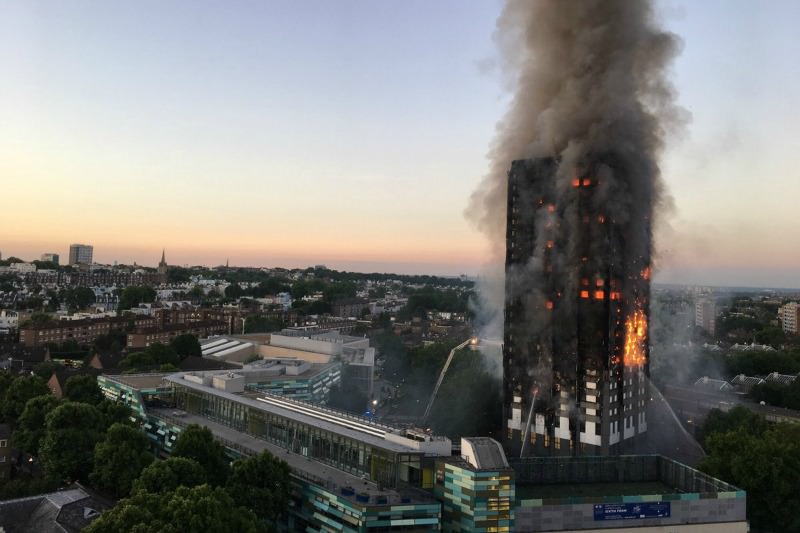
MEDIA
- Barry Gittins
- 16 June 2017
4 Comments
An article focusing on the 2013 Boston Marathon bombings reported that people 'exposed to more than six hours of daily media coverage of the tragedy were more likely to experience symptoms of acute stress than those directly affected by the event'. News junkies, or those who saw extended coverage, were found to be worse off than those who actually survived the bombings. This is sobering as we consider how we deal with our children's exposure to traumatic events playing out on TV news.
READ MORE 
-
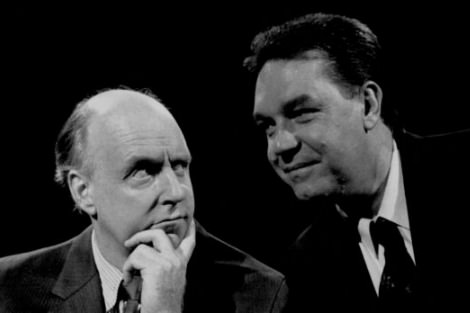
ARTS AND CULTURE
- Brian Matthews
- 13 June 2017
2 Comments
One of the 30 comedians, satirists, cartoonists and writers they interviewed was John Clarke. 'I first met John Clarke five years ago,' Murray recalls in his 1992 introduction to the interview, 'even though we grew up in the same town in New Zealand and for a while went to the same school. My claim to fame is that I nearly knew John Clarke. Recently when we looked though his school photos we realised that we knew every kid in Palmerston North in 1960 except each other.'
READ MORE 
-

EDUCATION
- Frank Brennan
- 24 May 2017
20 Comments
The level of consultation prior to the announced changes was appalling. But that is water under the bridge. It's time to enunciate some clear principles, and for respectful consultations to take place investigating how those principles can be best applied. This must be done within the realistic political environment in which we find ourselves. At the same time the Catholic system should ensure its schools are more available to the poor, enacting Pope Francis's desire for 'a Church which is poor and for the poor'.
READ MORE 
-

ARTS AND CULTURE
'Faith is 24 hours of doubt and one minute of hope,' says one of the nuns at a 1945 Polish convent. Soon Red Cross doctor and avowed atheist Mathilde learns the details of the predicament: of the terror wrought at the convent by Russian soldiers at the end of the war. Over the coming weeks, she oversees the health of those who fell pregnant during the intrusion. Gradually she wins their trust and, in the process, has her mind opened to a brand of faith that, in such circumstances, can be anything but blind.
READ MORE 
-

ARTS AND CULTURE
- Tim Kroenert
- 19 April 2017
1 Comment
Cynical about the prospect of any kind of afterlife, Maureen nonetheless spends time holed up in an old Parisian mansion, trying to commune with the spirit of her dead twin brother. She is employed by a difficult and demanding fashion model as a personal shopper; literally, she spends her paid working days buying clothes, shoes and jewellery for someone else. The juxtaposition of the pure materialistic focus of this work, and her doubt-riven incursions into the spiritual realm, is intriguing.
READ MORE 
-
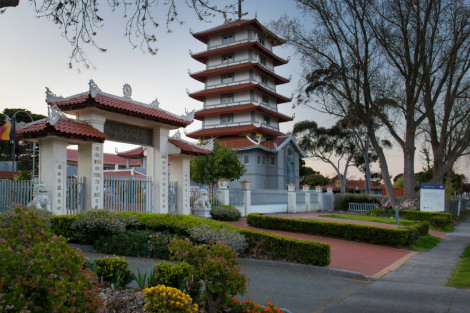
RELIGION
Last Sunday, I headed to a Buddhist temple in Springvale, in Melbourne's outer south-east. I wasn't going for a Songkran festival (Thai New Year), and it wasn't a regular part of my routine. I was going because my mother wanted to pray for her eldest sister, who had died on the Friday. My mother is a temple frequenter. I am not. But I was thankful for the immediacy with which she felt she was part of a worshipping community, even though she'd never before been to that particular temple.
READ MORE 
-
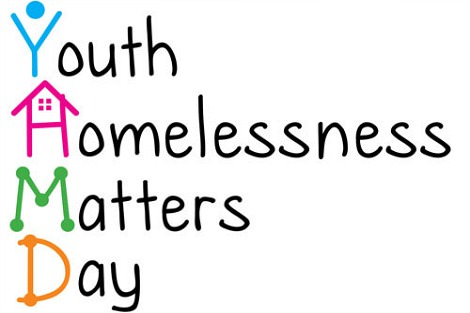
AUSTRALIA
- Andrew Hamilton
- 13 April 2017
5 Comments
Sometimes events coincide happily. At other times the coincidence rings strangely. This year Youth Homelessness Matters Day is celebrated the day before Easter Sunday: desolation confronts happiness, penury plenty, and deprivation plenitude. When events clash most sharply, they may also illuminate one another most brightly. The Easter stories invite deep reflection on home and on homelessness, on finding a home and being made to feel at home.
READ MORE 
-

ARTS AND CULTURE
- Ian C. Smith
- 03 April 2017
Riding her gondola, a skimpy thing like herself, she sees her balloon ablaze, begins her descent, feathered hat lost, a rushed farewell performance. The house roof's pitch steep, her rigging tangled, fire almost out, burned, broken, she can't hang on, she who once remained aloft all night over Rome.
READ MORE 
-
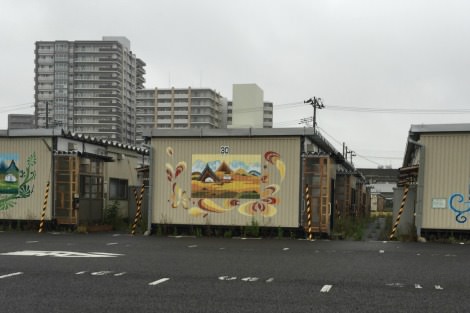
AUSTRALIA
- Pepi Ronalds
- 06 March 2017
3 Comments
This week marks the anniversary of the triple disaster (earthquake, tsunami and nuclear meltdown) that hit northern Japan on 11 March 2011. The event took over 18,000 lives, and initially displaced 470,000 people. Six years on, 127,000 are still without a permanent home. Delays have been caused by the sheer physical scope, pre-existing regulations and other restrictions. These are all understandable. What is less easy to accept are the disruptions caused by the 2020 Olympics in Tokyo.
READ MORE 
-

ARTS AND CULTURE
- Allan Padgett
- 01 March 2017
Notes that humans cannot hear include the sound of thylacines crying in a van diemen forest, a dodo's plaintive shuffle on a nearshore kiwi island, a mammoth's woolly orgasm on an ecstatic arctic tundra, an esperance dog weed's silent transpiration, the rumbles of a gastric brooding frog giving birth by burping - these things are far too late for caring. Things we need to see and taste include the surging milk of human kindness, the euphoric rainbow of random caring - these would make a nice day nicer.
READ MORE 
-

ARTS AND CULTURE
- Earl Livings
- 06 February 2017
4 Comments
Narrow, pointed arch entrance, low vaulted ceiling, stone and wood panelling - here four murderers walked over 800 years ago to rid their king of a meddlesome priest. Amidst singing and candlelight at Vespers, Thomas Becket stood at the Cathedral altar, knowing the armoured knights were coming: 'Here I am, not a traitor of the King, but a priest. Why do you seek me?' After their clamouring and brandishing of hatchets and axe, he knew his fate, bent his head in submission.
READ MORE 